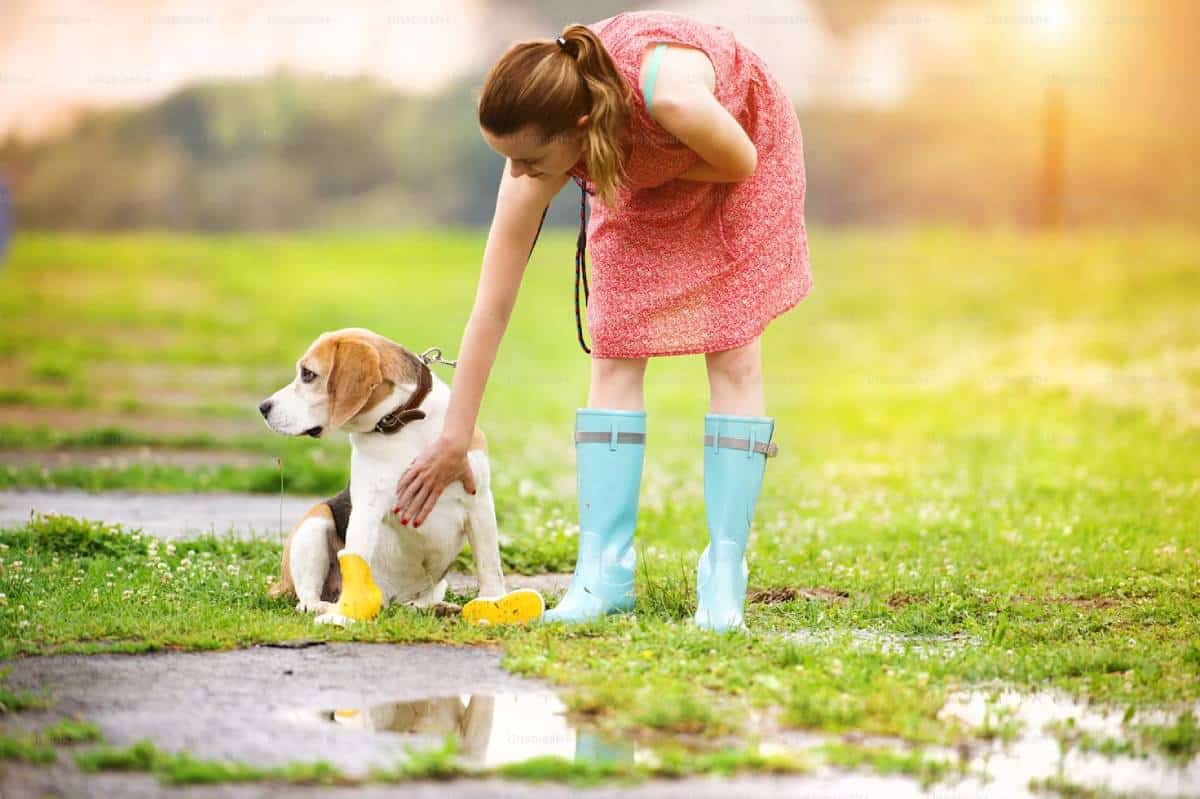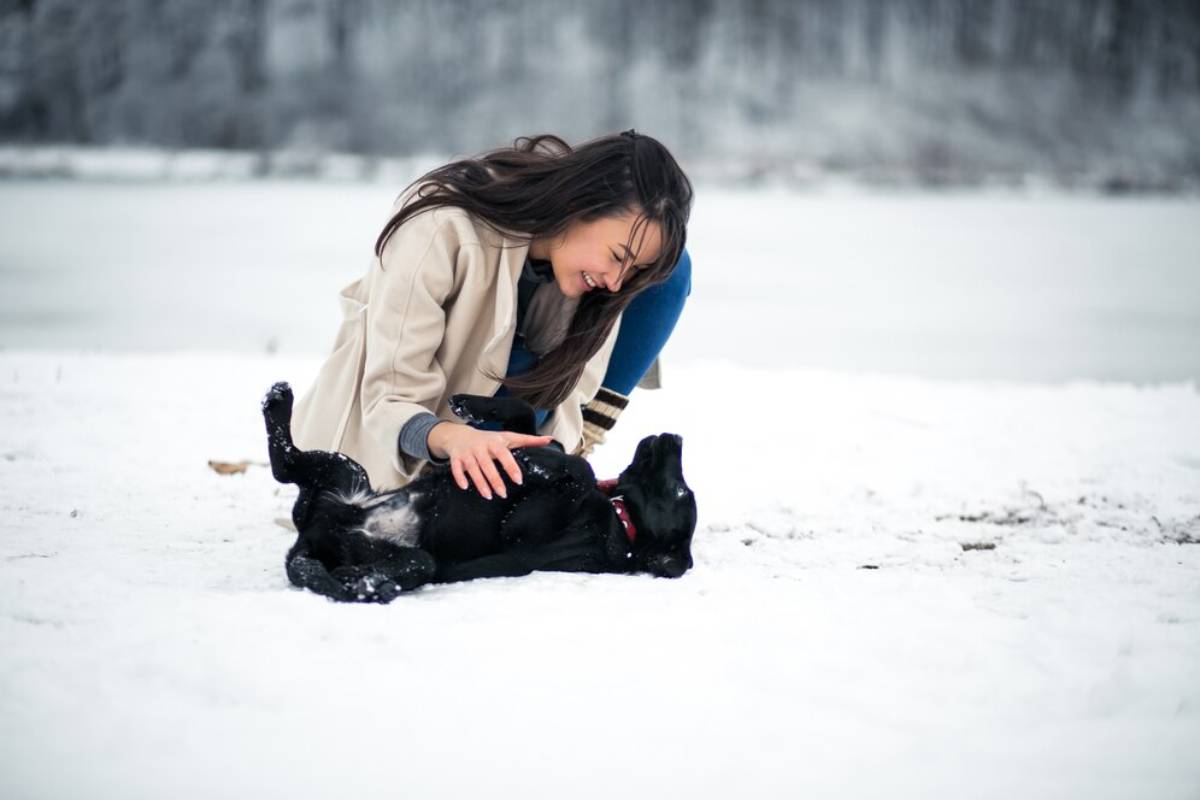
Seasonal Health Risks for Pets and How to Prevent Them
Our pets depend on us for their safety and well-being—especially when the seasons change. Shifting temperatures, weather patterns, and environmental changes can all introduce new pet health risks throughout the year.
From heatstroke in summer to icy paw pads in winter, being aware of these seasonal concerns is key to providing the best preventive care possible. With the right knowledge and a few practical adjustments, you can help your furry friends stay happy and healthy all year long.
Let’s explore the most common seasonal pet care challenges—and how to prevent them.
Spring: Allergies, Parasites, and Pollen
As nature wakes up in spring, so do a few hazards for pets.
Common spring health risks:
- Flea and tick infestations – Warmer weather means more parasites
- Seasonal allergies – Sneezing, itchy skin, and ear infections can flare up
- Bee stings and insect bites – Curious noses often find trouble
- Garden chemicals – Fertilisers, weed killers, and mulch can be toxic
- Pollen exposure – Can trigger breathing issues and skin irritation
How to prevent spring issues:
- Start a flea and tick preventive early in the season
- Wipe paws and coats after outdoor walks
- Keep pets away from freshly treated lawns or flower beds
- Ask your vet about allergy treatments or supplements
- Monitor for signs of itching, scratching, or sneezing
A spring check-up is a great way to prepare your pet for warmer, more active days ahead.

Summer: Heat, Hydration, and Hazards
Hot days are fun for outdoor adventures, but they also come with serious risks.
Key summer pet health risks:
- Heatstroke and dehydration – Dogs and cats can overheat quickly
- Burned paw pads – Pavement gets dangerously hot in the sun
- Sunburn – Especially on light-coloured or short-haired pets
- Parasites – Fleas, ticks, and mosquitoes thrive in summer
- Water dangers – Pools and lakes can pose risks to non-swimmers
Summer safety tips:
- Walk pets early in the morning or late evening
- Never leave pets in a parked car—even for a minute
- Provide shade and fresh water at all times
- Use pet-safe sunscreen if needed
- Consider booties for walking on hot surfaces
- Use monthly preventive care for parasites, including heartworm
If your pet pants heavily, drools excessively or collapses in the heat, get them to a vet immediately.
Autumn: Toxins, Temperature Drops, and Shedding
Fall brings cooler weather—and a new round of pet health risks.
Autumn concerns:
- Mushrooms and moulds – Some types are toxic if ingested
- Rodenticides and poisons – Used more often in cooler months
- Seasonal shedding – Thickening winter coats may mean more grooming
- Early cold snaps – Can catch pets off guard, especially short-haired breeds
- Back-to-school stress – Routine changes can trigger separation anxiety
How to care for pets in autumn:
- Keep an eye out for mushrooms on walks
- Store all chemicals and baits securely out of reach
- Brush your pet regularly to manage coat changes
- Provide a cosy bed indoors as temperatures drop
- Use enrichment toys and exercise to ease routine shifts
Autumn is also a good time for a wellness check, updating vaccines and reviewing parasite control before winter.

Winter: Cold, Ice, and Indoor Challenges
When winter hits, pets face a mix of outdoor and indoor threats.
Common winter pet health risks:
- Frostbite and hypothermia – Especially for small or elderly pets
- Salt and de-icers – Can burn paws or cause stomach upset if licked
- Antifreeze poisoning – Just a small amount is deadly
- Holiday hazards – Including chocolate, tinsel, and festive plants
- Dry air and cracked skin – Can lead to itching and discomfort
Winter care tips:
- Limit time outside during extreme cold
- Wipe paws after walks to remove salt and chemicals
- Store antifreeze safely and clean spills immediately
- Use pet-safe de-icing products around your home
- Add moisture to the air indoors with a humidifier
- Use paw balms to soothe dry, cracked pads
Keep a close eye on elderly pets, who may struggle more with cold weather and stiff joints.
Year-Round Preventive Care
While each season brings its own challenges, some types of preventive care are essential all year long.
What to keep consistent:
- Routine vet visits – For health checks, vaccinations, and early detection
- Dental care – Brushing teeth or using vet-recommended chews
- Parasite prevention – Year-round treatment for fleas, ticks, and heartworm
- Proper ID – Collars with tags and updated microchip info
- Weight management – Adjust food portions to match activity level
- Mental stimulation – Toys, training, and exercise indoors and out
A proactive approach to pet health helps avoid emergencies and supports a longer, healthier life.
Tips for All Seasons
Whether it’s warm or cold outside, these simple habits can help keep your pets safe and comfortable:
- Hydration is key – Always provide clean, fresh water
- Groom regularly – Brushing helps with temperature regulation and skin health
- Watch for changes – Behaviour, appetite, or mood shifts may signal health issues
- Create a safe environment – Indoors and out, remove hazards and provide shelter
- Tailor care to your pet’s breed and age – Different pets have different needs
The more in tune you are with your pet’s routines and behaviour, the quicker you’ll spot trouble.
Final Thoughts: Every Season, Every Step
Each season brings joys and risks—but with a bit of preparation and attention, you can protect your pet from the most common pet health risks.
Being proactive about seasonal pet care isn’t just about avoiding illness—it’s about helping your pet thrive. Through regular vet visits, thoughtful routines, and year-round preventive care, you give your furry friend the best chance at a happy, healthy life.
Because no matter the weather, your pet counts on you.